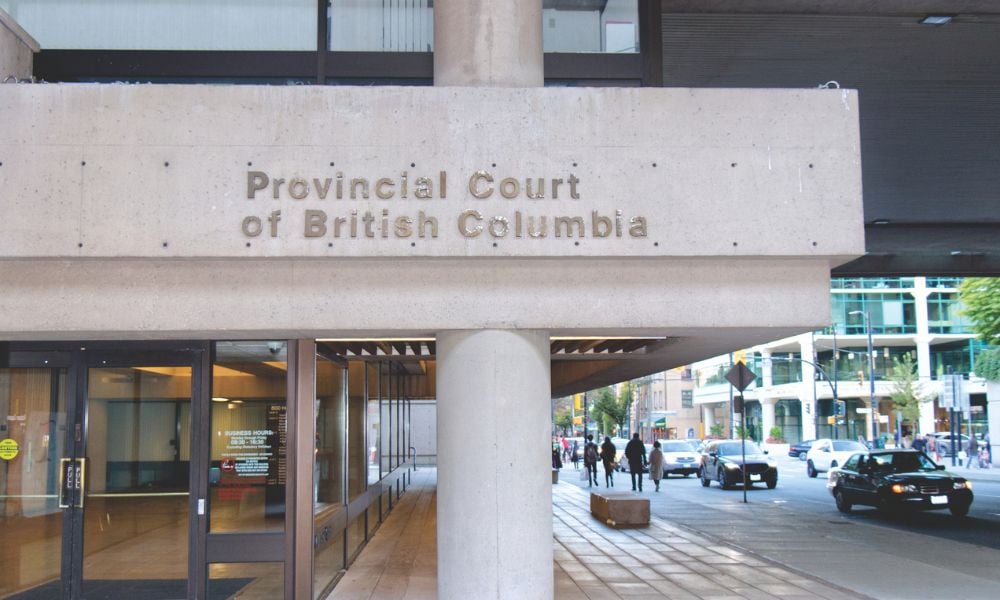The court said it made significant strides in coping with the pandemic's second year

The BC provincial court has released its 2021-2022 annual report, highlighting the court’s response to the pandemic’s second year.
The report comprises summaries of the last fiscal year and is presented in a colourful, readable format. The court said the annual report is part of its commitment to transparency and accountability. It includes caseload and operational performance statistics, judges’ and judicial justices’ demographics, and responses to complaints, among other information.
Coping with the pandemic
The court said the overall provincial weighted time to trial delays in 2021-2022 was generally like 2019’s pre-COVID rates. The annual report outlined how the court used initiatives like pre-trial conferences in criminal cases, virtual bail hearings, virtual case conferences in family and civil litigation matters, and early resolution of family court cases to reduce the number of trials needed and their length.
The report also showcased the court’s Northern Bail Pilot Project, launched in August 2021. The project focused on the use of virtual courtrooms for centralized bail hearings. The court expanded the model to the interior region with variations to suit regional needs.
In 2020, when the court suspended some operations due to COVID-19, it employed virtual conferences to explore whether parties could resolve cases without a trial. In 2021, the Provincial Court Family Rules streamlined the “early resolution” approach. Virtual justice access centres provided access to family justice counsellors and other resources before parties filed court applications. According to the court’s evaluation, 69 percent of families in Victoria resolved their disputes without litigation.
Remote court appearance
The report revealed that one or more participants attended court remotely in 79 percent of criminal, family, and civil provincial court appearances. The court acknowledged that while remote attendance has proven convenient for many litigants and lawyers, many others face barriers to remote attendance. The court said it continues to ensure that technological advances offer flexibility and don’t leave anyone behind.
Specialized courts
The 2021-2022 annual report recognized the provincial court’s efforts to work collaboratively with Indigenous communities. In 2021 the court added an Indigenous sentencing court in Hazelton and opened a new integrated community court in Kelowna.
“The BC Provincial Court continues to work on improving access – in fact that work can never be finished. It’s a continuous, cyclical process of collaboration, communication, experimentation, analysis, and implementing the lessons learned,” provincial court chief judge Melissa Gillespie said.










